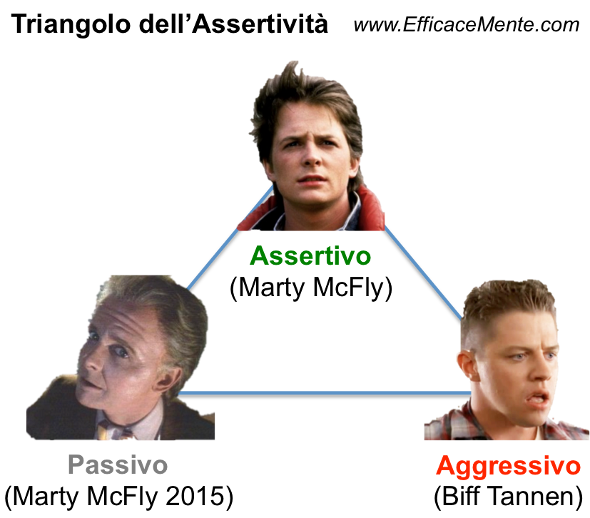
Last update: 10 September, 2019
Our experience shapes and develops our self-esteem, both in positive and negative terms. The evaluation we make of our way of being and the set of characteristics that shape our ego affects our well-being. Consequently, it is important not to overlook self-esteem issues.
Self-esteem is one of the pillars of our vital functioning. The engine that pushes us to feel good or bad. This is why it is very important to take care of it. Sometimes, however, the experiences, perceptions, comparisons or messages we receive can play a bad joke on us and affect the way we evaluate ourselves. Let's see what are the 4 most common self-esteem problems and how to deal with them.
Believing that you are worthless, that you are not suitable or able to do something or simply have a negative conception of yourself are warning signs that indicate low self-esteem.
The 4 most common self-esteem problems
Having a negative image of ourselves
Our eyes are the first mirror in which we look at ourselves. A realistic view of ourselves must take into account the positive (virtues) and negative (defects) aspects.
If we wear a pair of "opaque glasses", we will not let the light through and we will focus only on our flaws. On the contrary, if we are able to change our glasses, the perception and evaluation we will have of ourselves will change. We can't just be a silly sack full of flaws. And then, how can we see the positive side of life if we are not able to see it in ourselves?
When gray and black rule our life, perhaps we should think about experimenting with other colors, other alternatives ...
Not being sure of our attitudes and thoughts
They say that being indecisive is by wise people but, when we continually question our ideas or actions, insecurity can overwhelm us. If we get used to doubting our abilities and behaviors, we will deprive ourselves of value and have low self-esteem.
Loving yourself implies having confidence in yourself. Firmly believe in their values and principles and be willing to defend them. However, it also implies correcting oneself when one is wrong.
Waiting for others to approve of what we want to do and even what we are thinking is not the way to go. They often don't know what we want or have different priorities. Why not dare and begin to be ourselves? In this way, we will stop being vulnerable to others and start practicing authenticity.
Being unable to accept ourselves
A major self-esteem problem is a lack of self-acceptance. When we don't give ourselves the opportunity to recognize our qualities and accept our mistakes and feelings, we don't accept ourselves as we are.
If we fail to fit the different parts that make us up, our self-esteem will run out of strength and will fall apart. Our growth will be limited and so will our relationships.
What's wrong with discovering yourself as you are? Accepting oneself implies the possibility of continuing to grow, and it also opens the doors to transformation and change. Carl Jung used to say this already: “What you deny, you submit. What you accept transforms you ”.
The presence of frequent negative feelings
We all have moments when we have negative or unresolved feelings, even if we are not fully aware of them. Negative feelings that arise constantly indicate self-esteem problems and they can express themselves in many ways:
- Generalized lack of appetite for the joy of life,
- Inability to see the bright side of life,
- I hate ourselves,
- Craving,
- Sudden or exaggerated changes in mood,
- Neurotic guilt,
- Exaggerated reactions,
- Hypersensitivity and / or hyperactivity,
- Impotence,
- Self destruction,
- Chronic indecision,
- Perfectionism.
Therefore, the image we form of ourselves based on how we feel is also important to analyze. Since if we feel bad, it will be much more negative than when we experience positive feelings. For example, shame can immobilize us, anger can stiffen us, and sadness can lead to neglect and total discomfort.
Self-esteem is the skeleton of our "I"
Self-esteem issues can lead to defeat and failure if they are ignored. Training our emotional intelligence will help us manage and improve the way we evaluate ourselves.
Values, habits, evaluations and acceptance are some factors that affect our way of being and acting. Equally crucial is what we believe and perceive about what others think of us. Generating awareness to train our self-esteem in an adequate way will facilitate the realization of our dreams and, above all, will allow us to achieve well-being. Let's not forget that loving yourself is the beginning of everything.
“Happiness is internal, not external; in fact it does not depend on what we have, but on what we are ”.
-Henry van Dyke-


























